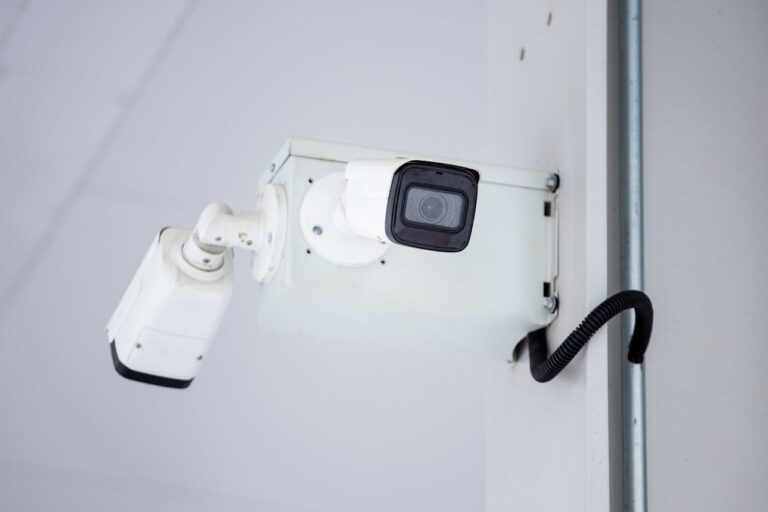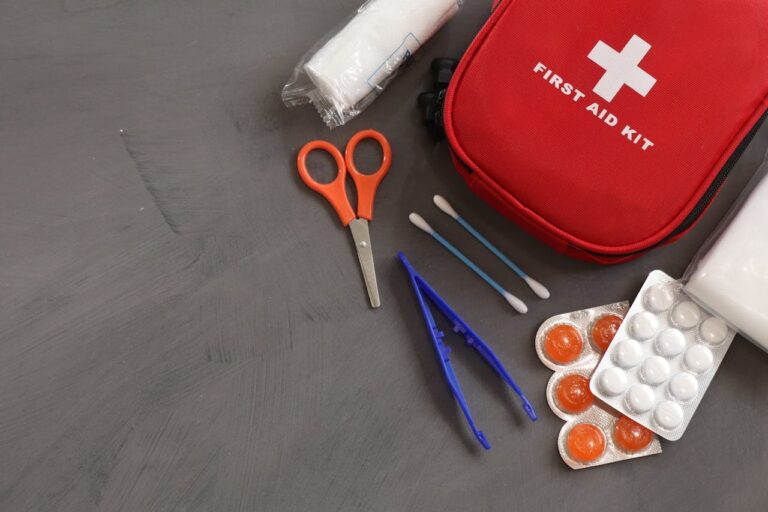
Becoming a mother is a remarkable journey filled with love, joy, and the profound responsibility of caring for a newborn. In the midst of nurturing your little one, it’s essential not to overlook the importance of self-care.
The post-pregnancy period, often referred to as the postpartum phase, is a time when a mother’s well-being requires intentional attention.
In this guide, we explore the concept of empowered motherhood and delve into the ways mothers can prioritize self-care post-pregnancy, fostering physical and emotional vitality.
Embracing Self-Care as a New Mother:
1. Understanding the Need for Self-Care:
Motherhood is a transformative experience, and the demands it places on a woman’s body and mind are significant.
Recognizing the need for self-care is the first step towards an empowered postpartum journey.
It’s not about indulgence; rather, it’s about preserving your well-being to meet the demands of motherhood with resilience and joy.
2. Shifting Perspectives on Self-Care:
Embracing self-care does not imply neglecting your responsibilities as a mother, rather, it means understanding that taking care of yourself is an integral part of being a capable and nurturing parent. By prioritizing self-care, you are better equipped to provide the love and care your baby needs.
Physical Self-Care:
1. Rest and Sleep:
The early days and weeks post-pregnancy are physically demanding as your body undergoes recovery.
Adequate rest is not just beneficial, it is crucial for recovery. Prioritize sleep whenever your baby is resting, and consider enlisting the support of family or friends to provide moments of uninterrupted rest. Recognize that sleep is not a luxury but a necessity for postpartum well-being.
2. Nutrient-Rich Diet:
Nourishing your body with a balanced and nutrient-dense diet is paramount for recovery and sustaining the energy needed for the demands of motherhood.
Focus on incorporating a variety of fruits, vegetables, lean proteins, and whole grains into your meals.
Staying hydrated is equally important, especially if you are breastfeeding. A well-nourished body is better equipped to handle the physical demands of caring for a newborn.
3. Ice Pack for Recovery:
In addition to prioritizing rest, nutrition, and gentle exercise for post-pregnancy recovery, incorporating an ice pack can be a soothing and effective method for managing discomfort.
Applying an ice pack to areas of soreness, such as the perineum or incision site, can help reduce swelling and alleviate pain.
Ensure a cloth barrier is used to protect the skin, and use the ice pack intermittently, allowing the skin to rest between applications.
4. Gentle Exercise:
While strenuous exercise is not recommended immediately postpartum, engaging in gentle exercises can aid in recovery.
Activities such as walking, postnatal yoga, and pelvic floor exercises can help improve circulation, strengthen core muscles, and contribute to an overall sense of well-being.
Always consult with your healthcare provider before beginning any exercise routine to ensure it aligns with your individual recovery needs.

Emotional Self-Care:
1. Connect with Others:
Motherhood can sometimes feel isolating, especially in the early days. Connecting with other mothers, whether in person or through online communities, provides a sense of camaraderie. Sharing experiences, advice, and moments of vulnerability can be immensely comforting.
2. Self-Reflection and Acceptance:
Embrace moments of self-reflection and acknowledge the spectrum of emotions that come with motherhood.
Understand that it’s normal to feel a range of emotions, from overwhelming love to moments of doubt and exhaustion. Self-acceptance allows you to approach the challenges of motherhood with grace and resilience.
3. Seeking Professional Support:
If feelings of sadness, anxiety, or overwhelm persist, seeking professional support is a courageous step.
Postpartum depression is a common condition that affects many new mothers. Mental health professionals and healthcare providers can offer guidance, therapy, or medication if needed.
Prioritizing your emotional well-being is a proactive step towards an empowered and fulfilling postpartum experience.
Also Read: Well Health Tips in Hindi Wellhealthorganic
Integrating Self-Care into Daily Life:
1. Establishing Boundaries:
Set realistic expectations for yourself and communicate your needs to those around you. Establishing boundaries ensures that you have the time and space for self-care without feeling guilty.
Whether it’s taking a short nap or enjoying a quiet moment, communicating your needs empowers you to prioritize your well-being.
2. Delegating Responsibilities:
The responsibilities of motherhood are vast, and it’s okay to seek help. Delegating responsibilities to your partner, family members, or friends can create a supportive environment.
Whether it’s sharing household chores, meal preparation, or baby care duties, a collaborative approach allows you the time and space for essential self-care.
3. Creating Rituals:
Establishing daily rituals can be a powerful form of self-care. Whether it’s a morning routine, a quiet evening walk, or a moment of mindfulness, creating rituals provides structure and moments of rejuvenation within the demands of motherhood.
Conclusion Empowered Motherhood:
Empowered motherhood is rooted in the intentional practice of self-care post-pregnancy. By recognizing the importance of both physical and emotional well-being, mothers can navigate the challenges of early motherhood with grace and resilience.
Prioritizing rest, nourishment, gentle exercise, emotional connection, and integrating self-care into daily life fosters an environment where mothers can not only meet the needs of their newborns but also flourish in their roles as nurturers.








